
The proof-of-concept trial was in healthy volunteers, and additional studies are being planned in patients with blood cancers undergoing hematopoietic stem cell transplants.

The proof-of-concept trial was in healthy volunteers, and additional studies are being planned in patients with blood cancers undergoing hematopoietic stem cell transplants.

Catch up on the latest news, breakthroughs, and announcements from biotechnology companies making advancements in cell and gene therapies.
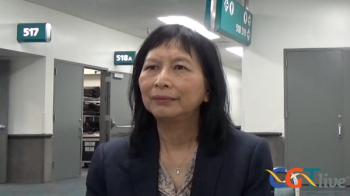
The principal investigator at Seattle Children’s Research Institute discussed the potential of new delivery methods and gene editing to overcome the limitations of AAV vector-based gene therapies.

Invimestrocel is being investigated for multiple indications, including ischemic stroke.

Pending clearance of the CTA for OTOF-GT, the company plans to initiate the phase 1/2 Audiogene clinical trial.
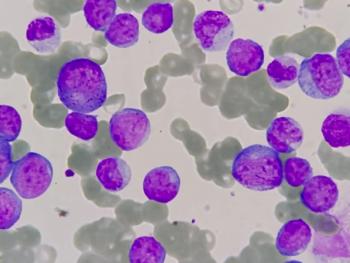
Hemogenyx is currently remanufacturing the therapy without the identified splicing issue.
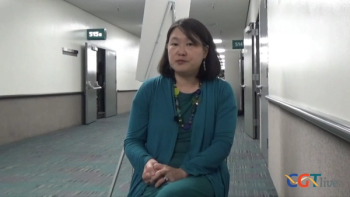
The senior investigator at the National Cancer Institute Center for Cancer Research discussed unmet needs that remain and further research to be done.

Wave Life Sciences is discontinuing WVE-004.
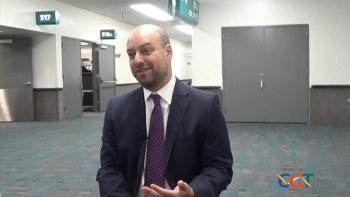
The senior research fellow at Fred Hutch Cancer Center discussed research trends at the 2023 ASGCT meeting.
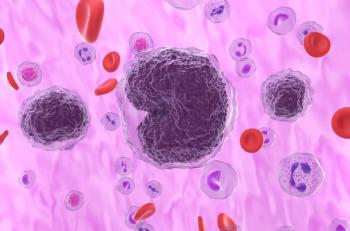
ACE1831 is Acepodia’s first γδ T-cell therapy to enter clinical trials.
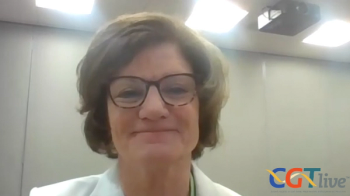
The director of the Center for Outcomes and Measurement in the Jefferson College of Rehabilitation Sciences at Thomas Jefferson University discussed the research she presented at the first Annual SCI Investor Symposium.

Brian Culley, MS, the chief executive officer of Lineage Cell Therapeutics, discussed advancements made with SCI cell therapy OPC1 at the first Annual SCI Investor Symposium.

Reductions in NfL were also associated with changes on ALSFRS-R scores.
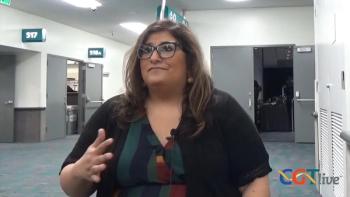
The professor of medicine at University of California San Diego discussed preclinical data on the LX2020 gene therapy.

Review top news and interview highlights from the week ending July 7, 2023.

Among 29 patients who were treated with nusinersen in the RESPOND trial and evaluable for efficacy, most demonstrated an increase in mean total HINE-2 score from baseline.
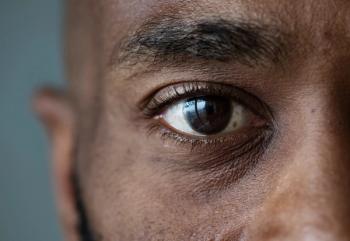
A trial in China was initiated in December 2022 for patients with neovascular and wet age-related macular degeneration.
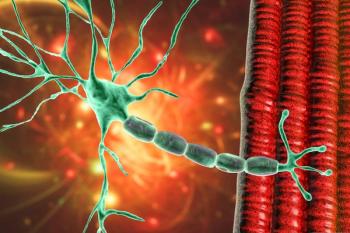
In terms of safety, Capricor Therapeutics’ CAP-1002 was reported to be well-tolerated.

Data from patients treated in early access programs were presented at the 9th EAN Congress.
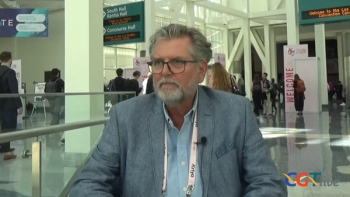
The professor at Ohio State University and University of California – San Francisco discussed investigations with different delivery methods of GDNF gene therapy.

Catch up on the latest news, breakthroughs, and announcements from biotechnology companies making advancements in cell and gene therapies.

Mary “Nora” Disis, MD, director of University of Washington Medicine’s Cancer Vaccine institute, discussed past and current clinical trials for investigational CAR-T therapies in ovarian cancer.
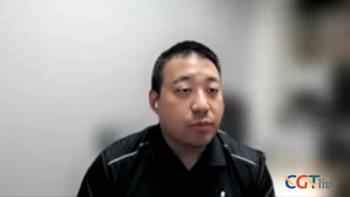
The director of therapeutic genome engineering, St. Jude Children’s Research Hospital discussed challenges with performing prime editing in cells.
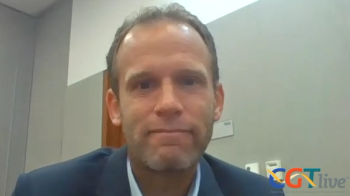
The chief executive officer of Lineage Cell Therapeutics discussed findings related to its cell therapy OPC1 that the company presented at the first Annual SCI Investor Symposium.
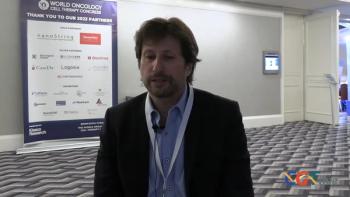
The cofounder and chief executive officer of NKILT Therapeutics discussed unique advantages of the CIR platform.

Mary “Nora” Disis, MD, director of University of Washington Medicine’s Cancer Vaccine institute, discussed research she coauthored that was presented at ASCO’s 2023 conference.
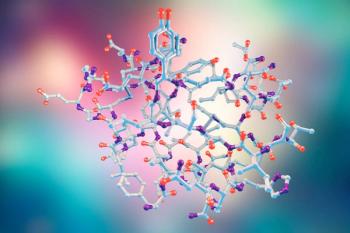
The 2 patients were among 6 who have received treatment in Vertex’s trial so far and were the only 2 evaluable for the primary efficacy end point.
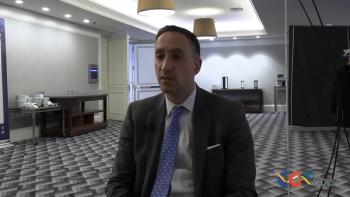
The chief medical officer of Trisalus Life Sciences discussed studies evaluating the company’s PEDD system.

Review top news and interview highlights from the week ending June 30, 2023.
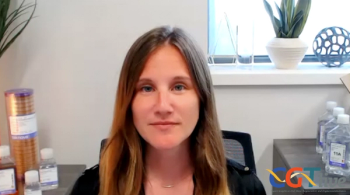
The director of research and development at Teknova discussed the company’s recent announcement of a new line of products intended to streamline process development in AAV gene therapy manufacturing.